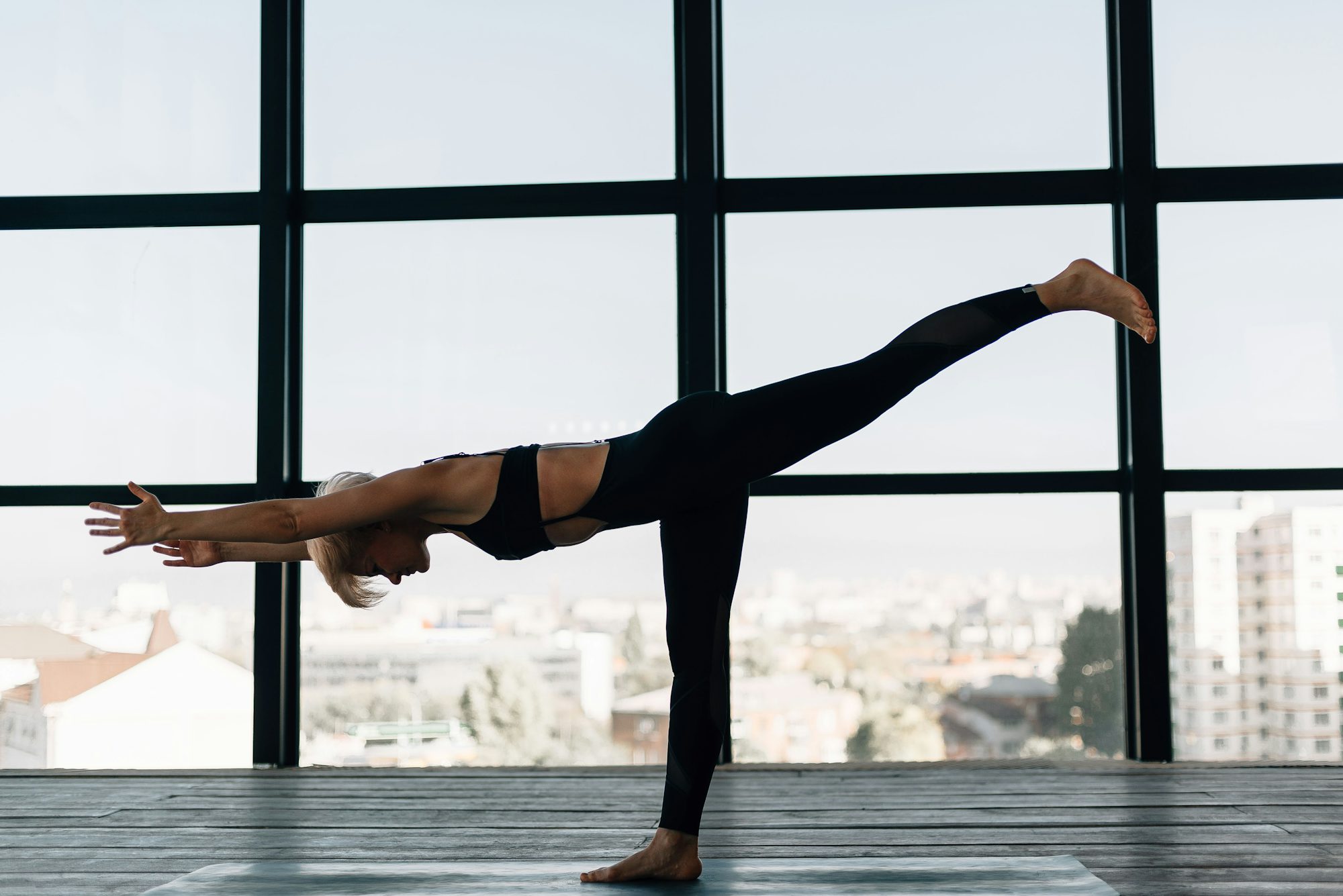Embracing Minimalism: The Art of Living with Less
This article explores the principles of minimalism, its benefits for mental clarity and well-being, and practical tips on how to simplify your life while fostering a deeper appreciation for what truly matters. fitness
At its core, minimalism invites us to evaluate our lives and identify what brings us joy and fulfillment. By stripping away the excess, we can create space for the things that genuinely resonate with us, whether that be experiences, relationships, or passions. The beauty of minimalism lies in its adaptability; it can be applied to various aspects of life, including our homes, workspaces, and even our digital environments.
One of the most significant advantages of embracing minimalism is the reduction of stress. Cluttered spaces can lead to cluttered minds, making it difficult to concentrate and feel at ease. Research has shown that an organized environment promotes mental clarity and boosts productivity. By minimizing physical distractions, we can create a calming atmosphere that allows us to focus on the tasks and activities that truly matter.
Moreover, minimalism encourages us to be more intentional with our choices. When we simplify our lives, we become more mindful of our consumption habits. This shift in perspective can lead to more thoughtful purchasing decisions, as we begin to prioritize quality over quantity. By investing in fewer, high-quality items that we genuinely need or cherish, we can reduce waste and contribute to a more sustainable lifestyle.
In addition to the environmental benefits, minimalism can significantly enhance our overall well-being. By letting go of unnecessary possessions, we often find ourselves more appreciative of what we do have. This gratitude can lead to a more fulfilling life, as we learn to find joy in experiences rather than material items. Minimalism helps us cultivate a mindset of abundance, where we recognize the value of our relationships, health, and time.
So, how can we begin to embrace minimalism in our lives? A great starting point is decluttering our physical spaces. Begin by assessing one area of your home, such as a closet or a room. Take everything out and evaluate each item. Ask yourself questions like: Does this bring me joy? Do I use it regularly? If the answer is no, consider donating, recycling, or discarding the item. This process not only creates space but also encourages us to reflect on our consumption habits.
Another practical tip is to adopt the "one in, one out" rule. Whenever you acquire a new item, commit to removing an existing one. This practice helps maintain balance and prevents clutter from accumulating. It encourages intentionality in our purchases and fosters a mindset of sufficiency rather than excess.
Minimalism can also be applied to our digital lives. In an era where screens dominate our attention, decluttering our digital environments can be equally important. Start by organizing your files and emails, unsubscribing from unnecessary newsletters, and limiting time spent on social media. Creating a streamlined digital space can enhance focus and reduce feelings of overwhelm.
Mindful consumption extends to our commitments and obligations as well. Many people find themselves overcommitted and overwhelmed by a packed schedule. Minimalism encourages us to evaluate our time and prioritize activities that align with our values and goals. Consider whether each commitment is truly necessary or brings you joy. Learning to say no to less meaningful activities can free up time for what truly matters, whether that be spending time with loved ones, pursuing hobbies, or simply enjoying solitude.
Embracing minimalism is also about cultivating quality over quantity in our relationships. Instead of spreading ourselves thin across numerous connections, we can focus on nurturing a few deep, meaningful relationships. This intentional approach allows for more genuine interactions and fosters a sense of belonging and support.
Additionally, incorporating mindfulness practices can enhance the minimalist lifestyle. Techniques such as meditation, yoga, or simply taking moments of silence can help us reconnect with ourselves and prioritize what is truly important. These practices encourage us to live in the moment, appreciating our surroundings and experiences rather than getting caught up in the chaos of daily life.
As we navigate the journey of minimalism, it's important to remember that it's a personal process that looks different for everyone. There is no one-size-fits-all approach, and what feels minimal to one person may differ for another. The key is to focus on what aligns with your values and aspirations, allowing you to create a lifestyle that resonates with you.
In conclusion, embracing minimalism is a powerful way to simplify our lives and foster a greater appreciation for what truly matters. By reducing clutter, being intentional in our choices, and cultivating meaningful relationships, we can create a more fulfilling and purposeful existence. Minimalism encourages us to seek quality over quantity, both in our possessions and our experiences. So take a moment to reflect on what brings you joy, and consider how you can begin to simplify your life for a more intentional and abundant future.